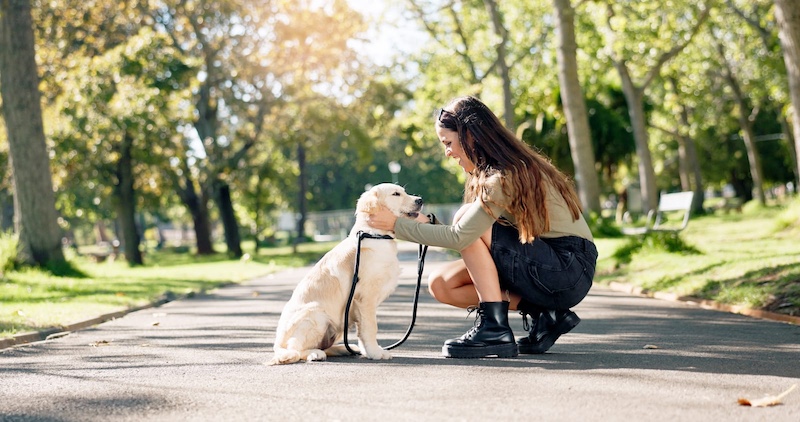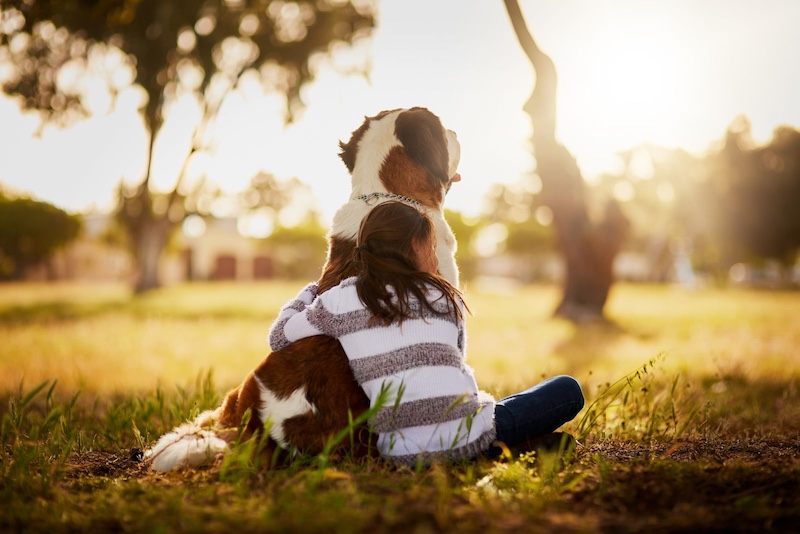Having a pet can be an immensely rewarding experience, often described as a precursor to parenthood. While raising a pet and raising a child are undeniably different in many ways, the journey of pet ownership offers valuable insights and lessons that can translate well into parenting. Whether you are a seasoned pet owner considering starting a family or a parent reflecting on your days as a pet owner, these parallels can offer a meaningful perspective on the art of caregiving. Here are ten things having a pet can teach you about parenting.
1. Responsibility

One of the most significant lessons a pet can teach you is responsibility. Pets rely on their owners for food, water, exercise, and medical care. This daily commitment mirrors the level of responsibility required in raising children. Ensuring a pet’s well-being can prepare you for the constant and evolving needs of a child, fostering a strong sense of accountability and reliability.
2. Patience

Patience is a virtue that pet ownership can cultivate profoundly. Training a pet, dealing with their quirks, and handling unexpected messes require a calm and composed demeanor. This patience is crucial in parenting, where children, like pets, often test boundaries and exhibit unpredictable behavior. Learning to stay patient with a pet can build the foundation for managing the challenges of parenting with grace.
3. Routine and Structure

Pets thrive on routine, needing regular feeding, walks, and playtime. Establishing and maintaining these routines teaches you the importance of structure in daily life. Similarly, children benefit from predictable routines, which provide a sense of security and stability. By caring for a pet, you learn how to create and stick to schedules, a skill that becomes invaluable when raising a child.
4. Empathy and Compassion

Caring for a pet nurtures empathy and compassion. Pets can’t communicate their needs verbally, so owners must be attentive and intuitive to understand their emotions and physical needs. This sensitivity translates well into parenting, where empathy and compassion are essential in understanding and responding to a child’s feelings and needs, fostering a nurturing and supportive environment.
5. Unconditional Love

Pets offer unconditional love and loyalty, teaching you to appreciate and reciprocate this bond. This pure form of love prepares you for the deep, unconditional love you will feel for your child. Understanding and experiencing this unwavering affection helps you build a strong emotional connection with your child, essential for their emotional development and well-being.
6. Dealing with Mess and Chaos

Pets can be messy, from shedding fur to occasional accidents. Learning to handle this mess and chaos with a level head is great preparation for parenting. Children, especially young ones, can create similar, if not more significant, levels of disorder. Managing these situations with patience and humor, skills honed through pet ownership, can make parenting less stressful and more enjoyable.
7. Health and Well-being

Taking care of a pet involves monitoring their health and well-being, ensuring they receive proper nutrition, exercise, and medical care. This attention to health translates directly to parenting, where ensuring a child’s physical and mental well-being is paramount. Understanding the importance of a balanced diet, regular exercise, and timely medical check-ups for your pet helps you prioritize and manage these aspects for your child.
8. Communication Skills

Although pets cannot speak, they communicate in their unique ways, through body language, sounds, and behavior. Learning to interpret these signals improves your non-verbal communication skills, which are crucial in parenting, especially with infants and young children who cannot articulate their needs clearly. Developing this ability to understand non-verbal cues helps you respond effectively to your child’s needs and emotions.
9. Teaching and Discipline

Training a pet requires consistency, positive reinforcement, and sometimes discipline. These principles are equally important in parenting. Teaching children appropriate behavior, manners, and life skills involves consistent guidance, positive reinforcement, and setting boundaries. The experience of training a pet helps you develop effective teaching and disciplinary strategies that can be applied to parenting.
10. Joy and Playfulness

Pets bring joy and playfulness into our lives, reminding us of the importance of having fun and living in the moment. This sense of joy and play is crucial in parenting, where creating a happy and playful environment contributes significantly to a child’s development and happiness. Embracing the playfulness of pets can help you foster a joyful and loving atmosphere for your child.

